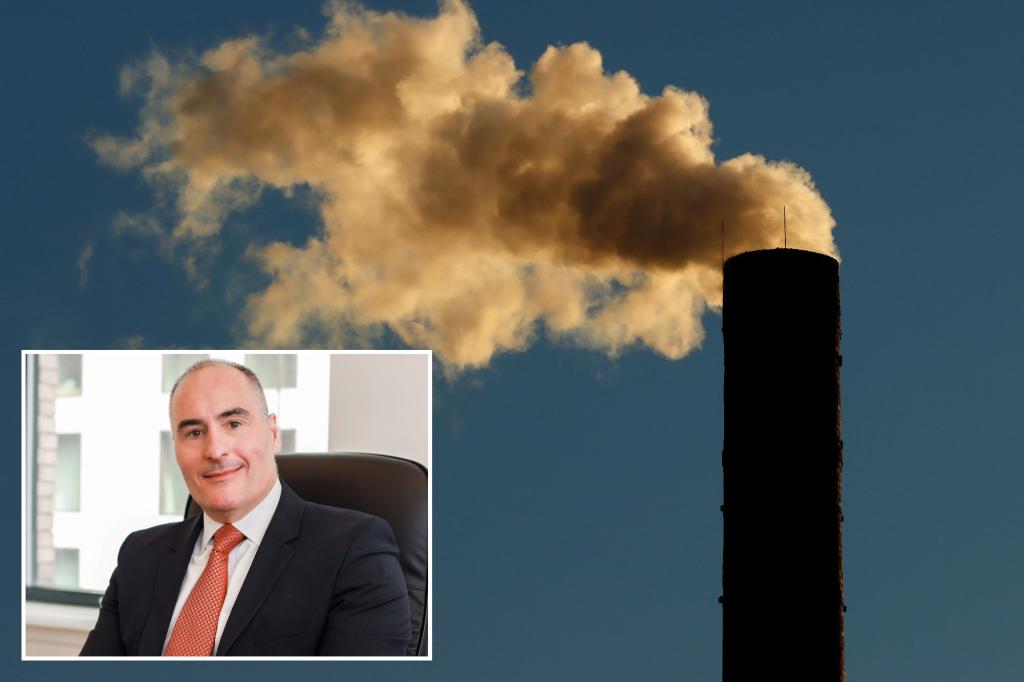Some residential managers aren’t waiting for the last minute to make their buildings ready for Local Law 97, which kicks in at the year’s end and requires extensive changes in heating systems.
As we reported, the law calls for most city buildings to reduce greenhouse gas emissions to certain levels or face huge fines.
Argo Real Estate manages 130 buildings with 13,000 apartments in Manhattan, Queens and Brooklyn. Executive vice-president Gustavo Rusconi said they’ve “been working collaboratively with [co-op and condo] boards since 2019, when the law was passed.”
Today, Rusconi said, “I’m ecstatic to say that only six of our buildings are not yet in compliance.”
He said that while conforming with LL 97 isn’t easy or inexpensive, it’s far from impossible.
No Argo-managed buildings switched to electric heat. “It’s cost-prohibitive,” Rusconi said. But he helped clients find ways to significantly reduce emissions by adapting old boilers to the new requirements. The aim was to avoid getting an entire new boiler which can cost $250,000 for a 100-unit building.
In some cases, the trick was to adapt boilers to dual-fuel systems using both oil and gas.
Or, “Where boilers were in good condition, we converted burners from No. 6 oil to No. 2 oil.” Rusconi explained, “No. 6 is a high pollutant, very tar-like. No. 2 is less polluting.”


Argo worked with engineers “to see that boilers are working properly,” important to minimizing emissions. One step was to install sensors which monitor temperatures and to reduce the number of times a boiler has to turn on and off.
Rusconi said that most upgrades were paid for through assessments. “But we also worked with heating companies to finance part of installations and in some cases by refinancing mortgages.”
𝗖𝗿𝗲𝗱𝗶𝘁𝘀, 𝗖𝗼𝗽𝘆𝗿𝗶𝗴𝗵𝘁 & 𝗖𝗼𝘂𝗿𝘁𝗲𝘀𝘆: nypost.com
𝗙𝗼𝗿 𝗮𝗻𝘆 𝗰𝗼𝗺𝗽𝗹𝗮𝗶𝗻𝘁𝘀 𝗿𝗲𝗴𝗮𝗿𝗱𝗶𝗻𝗴 𝗗𝗠𝗖𝗔,
𝗣𝗹𝗲𝗮𝘀𝗲 𝘀𝗲𝗻𝗱 𝘂𝘀 𝗮𝗻 𝗲𝗺𝗮𝗶𝗹 𝗮𝘁 dmca@enspirers.com


